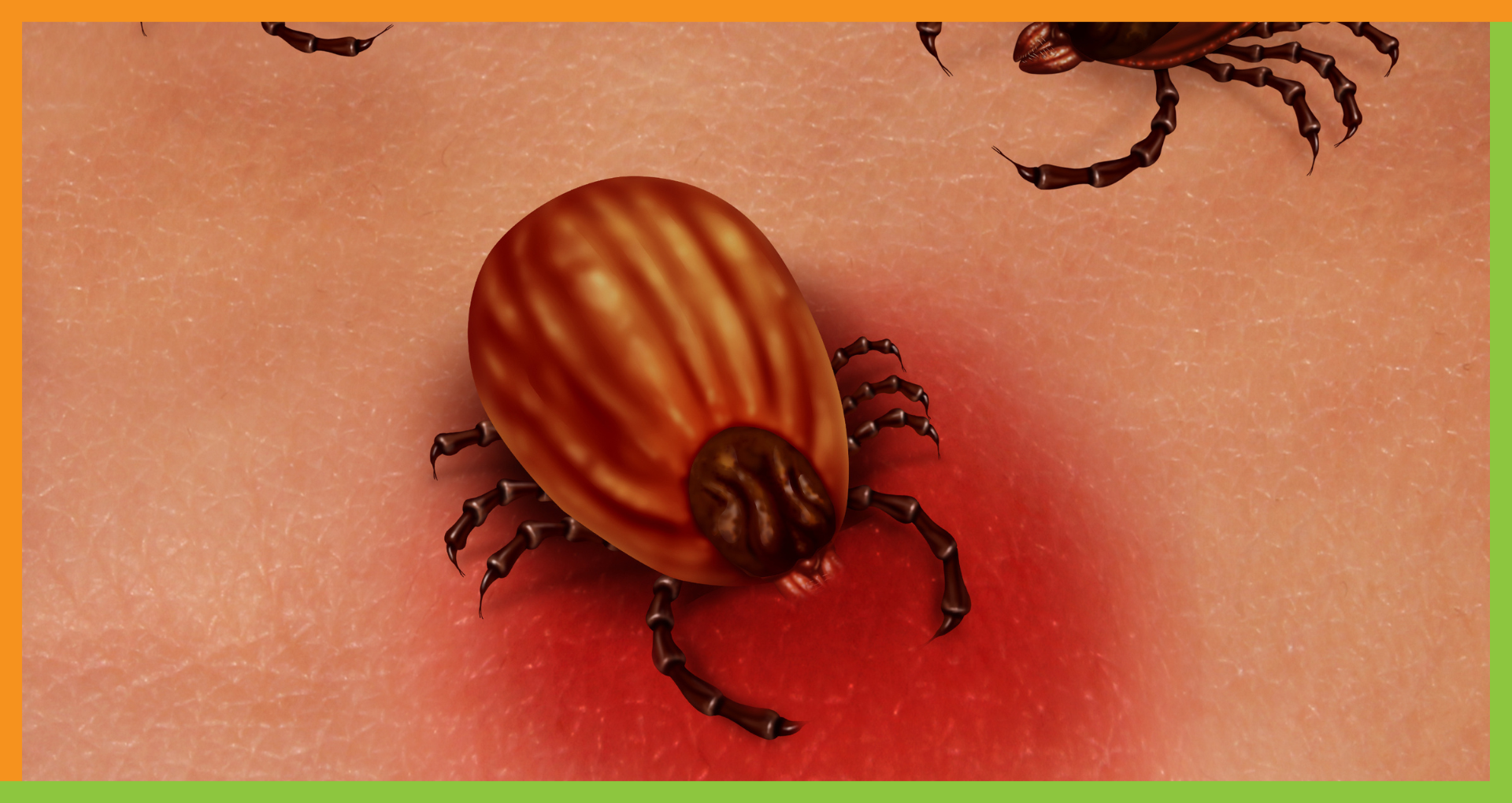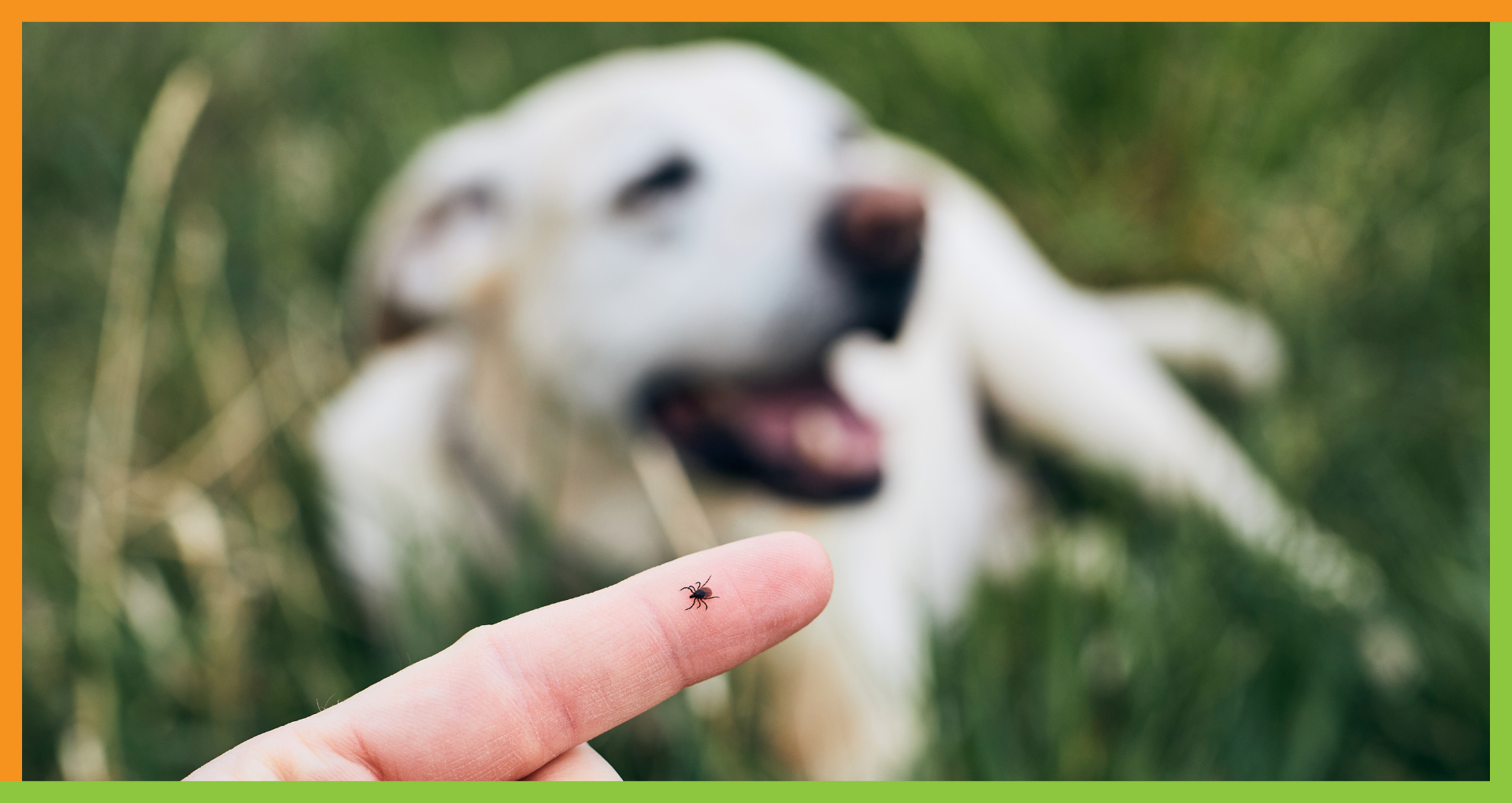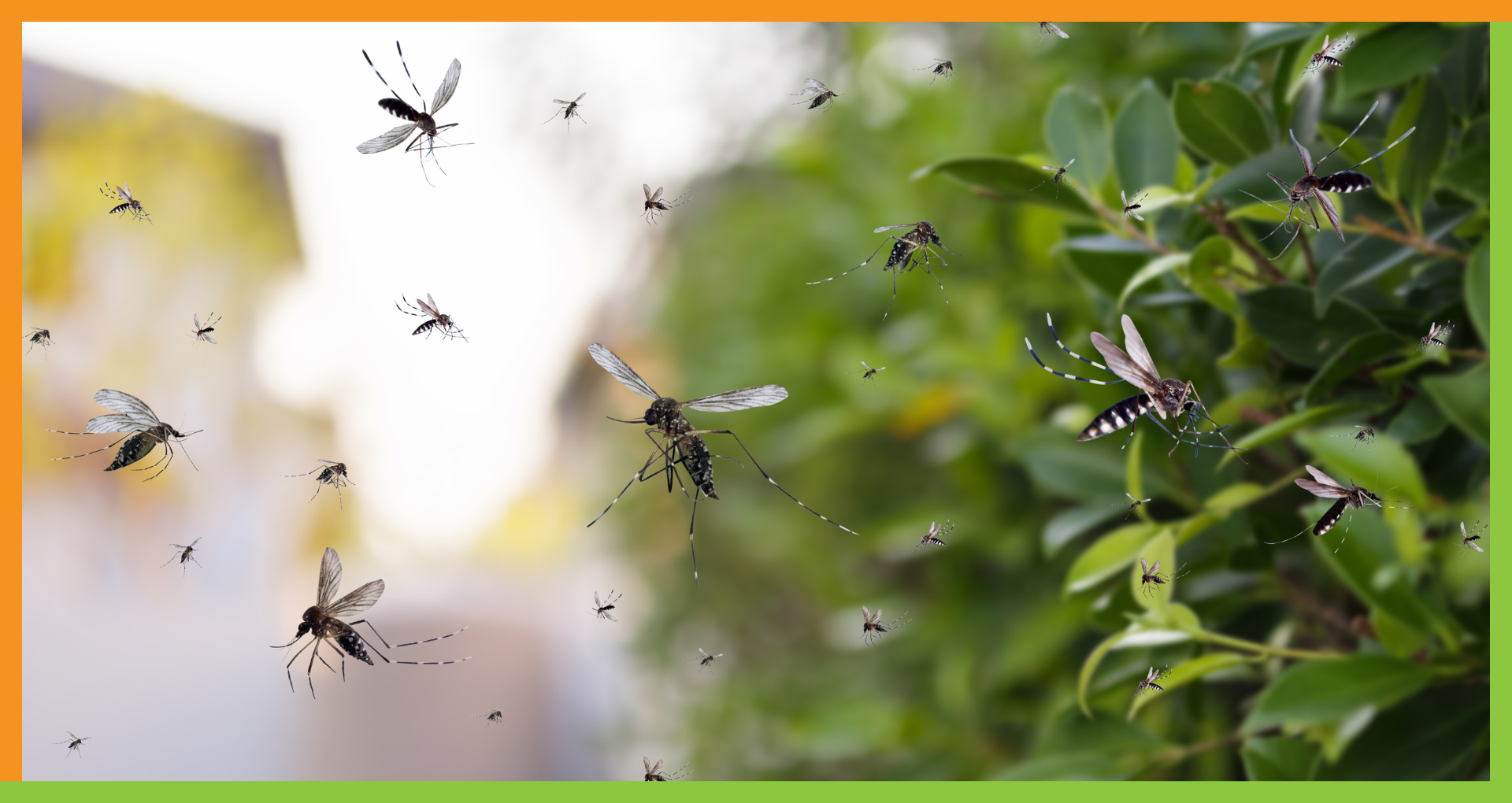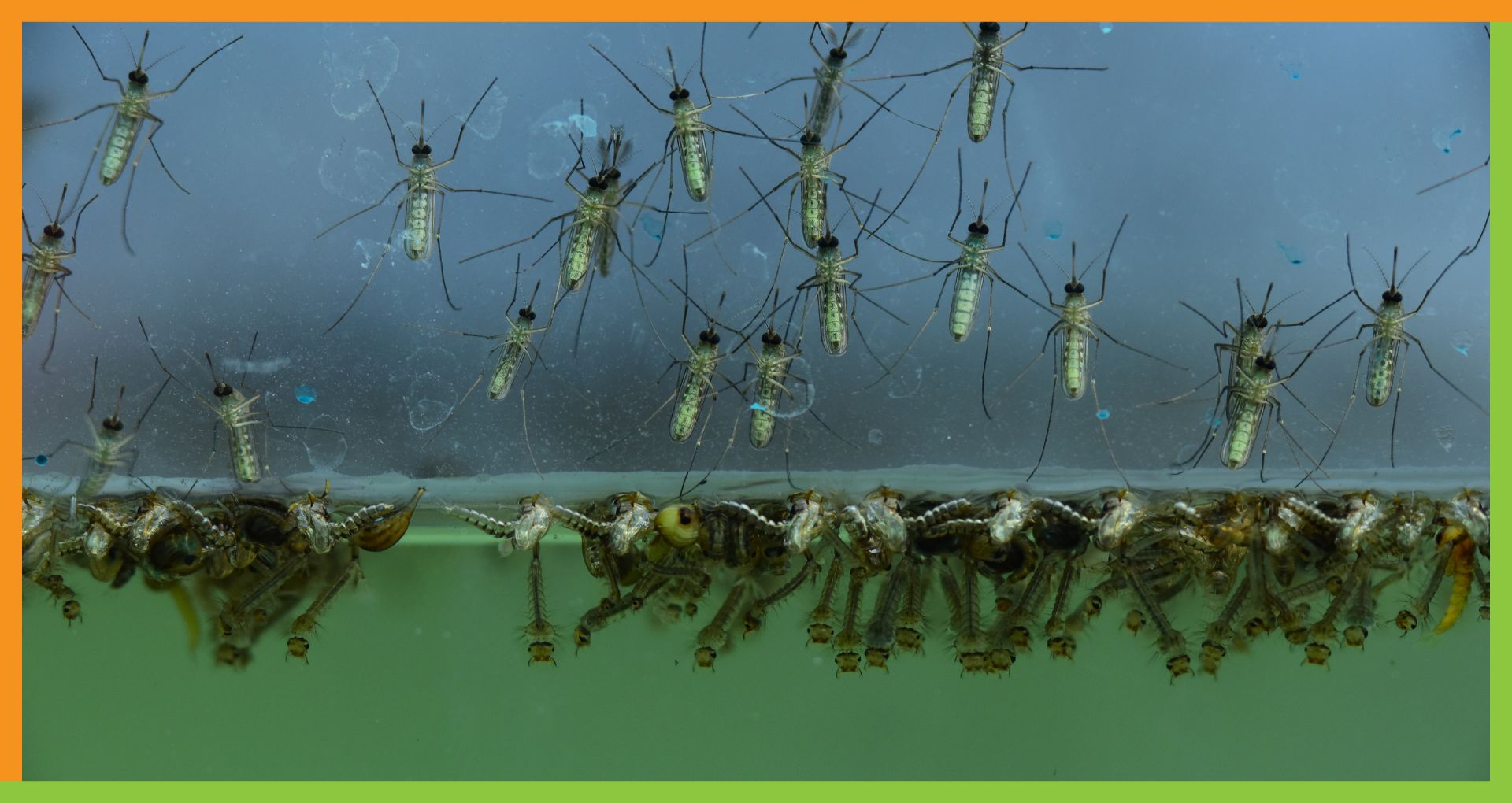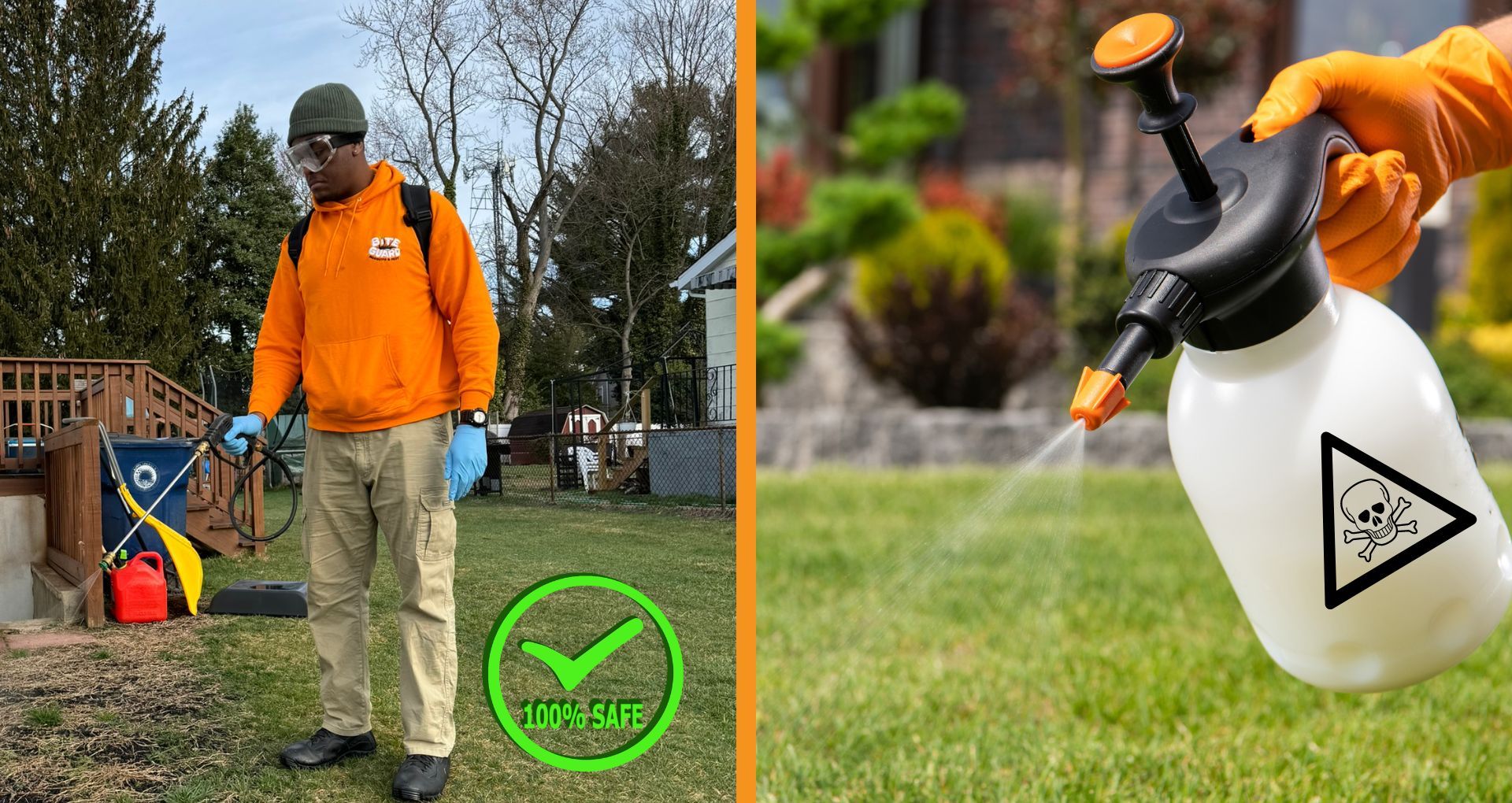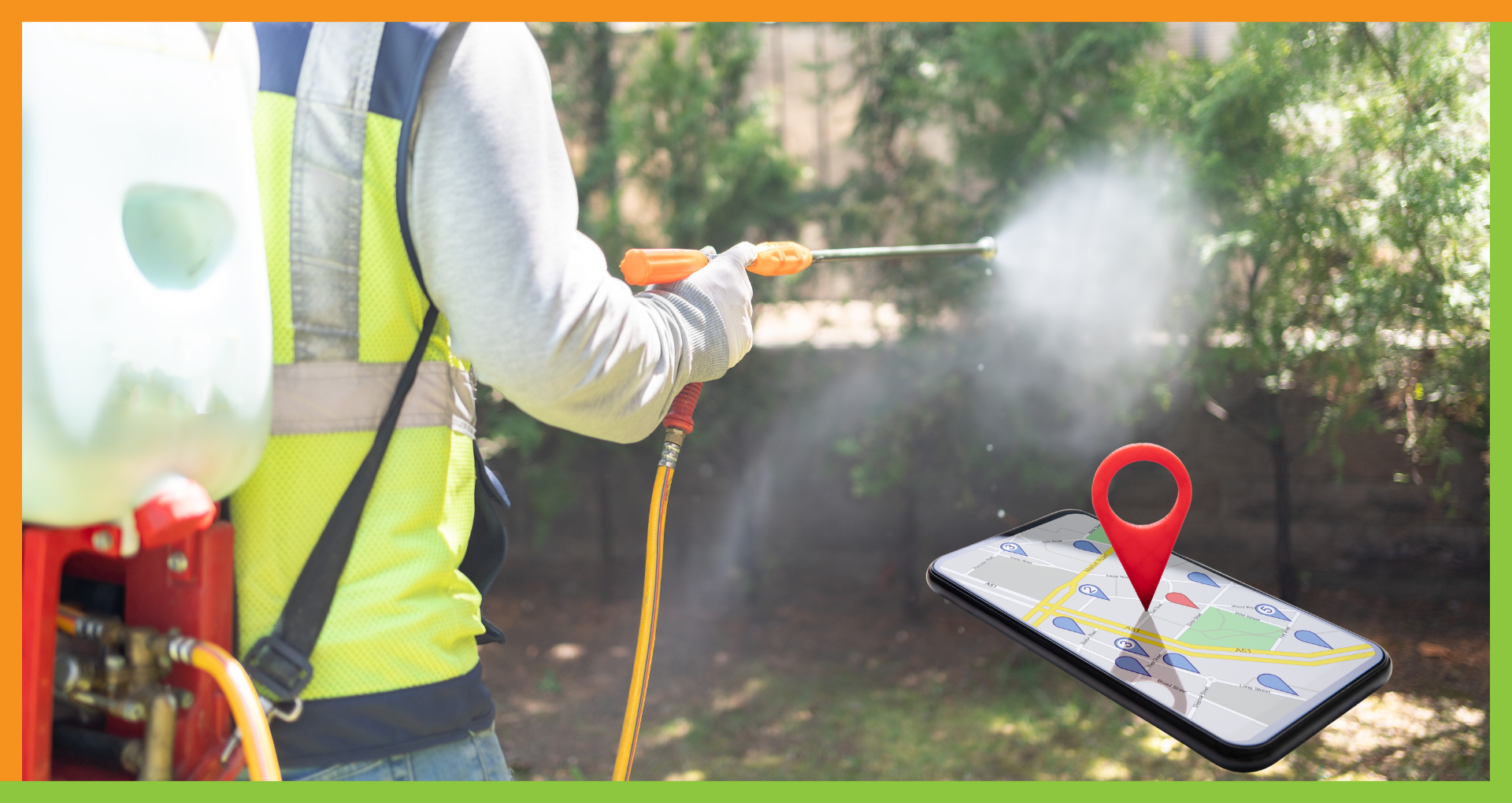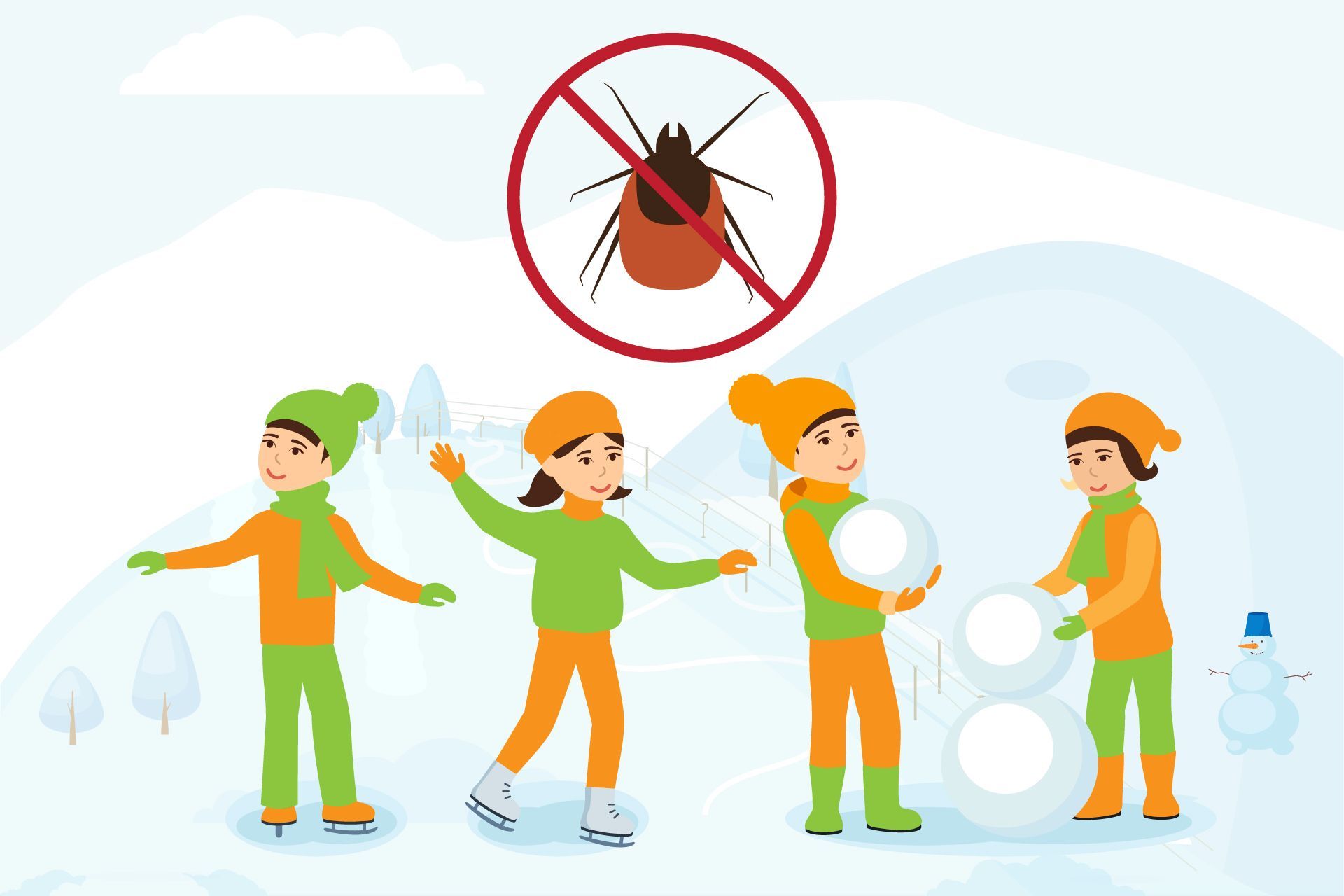The Hidden Dangers of DIY Pest Control: When to Call the Professionals
Pest control is part of the homeowner life.
Ants suddenly appear, spiders start exploring as the temps rise, ticks show up, and when the weather cools mice look for a cozy bungalow in your attic. Just like clockwork, right?
To answer the call, home improvement stores have aisles of products for every single type of intruder. Baits and sprays, repellents and traps… And we’ll be honest: some of these products are pretty effective and can be used to treat localized, smaller problems.
But their use does raise questions and concerns that are worth talking about. So let’s take a closer look together at the hidden dangers of DIY pest control and when you should hire a
local mosquito and tick control company rather than tackle a problem yourself.
The Appeal of DIY Pest Control
Let’s start with the positive: pest control products have gained popularity in recent years because they’re simple to use, there’s no wait, and they can be cost-effective. A jug of miracle cure for $19.95 sounds pretty appealing when you want those ants gone yesterday. Some manufacturers will even mail their product right to your door on a set schedule. Easy and convenient.
So, What Are the Risks and Limitations of DIY Pest Control?
Those products are effective for a reason… Have you ever wondered what exactly you’re spraying on your home, your doorstep, and the areas where your children and pets play? You should be aware of the potential health risks associated with improperly handling pesticides, especially since many contain harmful chemicals that can be very dangerous. Without proper knowledge and safety precautions, you may unknowingly expose yourself and your family to toxic substances. Many DIY pest control products contain harsh chemicals that can be harmful if not handled correctly. For those looking for safer alternatives, consider exploring
the benefits of choosing all-natural insecticides, which can offer effective pest control without the associated health risks.
It’s also important to know that most of these products are not targeted. You throw the baby out with the bathwater in many cases, killing helpful and/or harmless species right along with the invasive creatures. This can be extremely damaging to your local environment and ecosystem.
Can DIY Pest Control Make Infestations Worse?
Some of these methods work for a time, but are ineffective against persistent pest infestations. Pests are notoriously adaptable creatures, and using over-the-counter products without understanding their behavior and biology can lead to incomplete eradication. In fact, inadequate treatment can even worsen the problem, allowing pests to multiply rapidly.
The Importance of Proper Pest Identification
Let’s say you spot a bug that looks like a roach. It could be, but which type of roach? German? American? Brown-banded? Oriental? Or maybe it’s just a common beetle, or a June bug. You might not have an infestation at all, but just a visitor that flew in when the front door was open. And that’s the issue: different pests require specific treatment approaches, and a misidentification can lead to wasted time, money, and effort. Or, it can lead to a MAJOR infestation if you miss an early warning sign.
Integrated Pest Management: A Holistic Approach
We’d recommend looking for a professional pest control company that offers Integrated Pest Management (IPM): a holistic and environmentally responsible approach to pest control.
Unlike traditional DIY methods that rely on heavy-duty, blanket pesticides, IPM considers the entire ecosystem. By identifying and addressing the root causes of pest problems, the goal is to prevent future infestations while minimizing the use of harmful chemicals. This targeted approach is much more effective and drastically reduces any collateral damage. Plus, effective and safe treatments mean better results (and peace of mind) for you and your family.
When Should You Call a Professional Pest Control Company?
We recommend calling in a
local professional if you see a persistent problem, or if you want proactive protection. Here at Bite Guard, for example, we offer comprehensive plans that protect against fleas, ticks, mosquitoes, and more. Our clients trust us to cut the problem down at the source rather than waiting for an issue, then remediating it.
If you have any questions, give us a call. We’d be happy to talk with you in more detail.
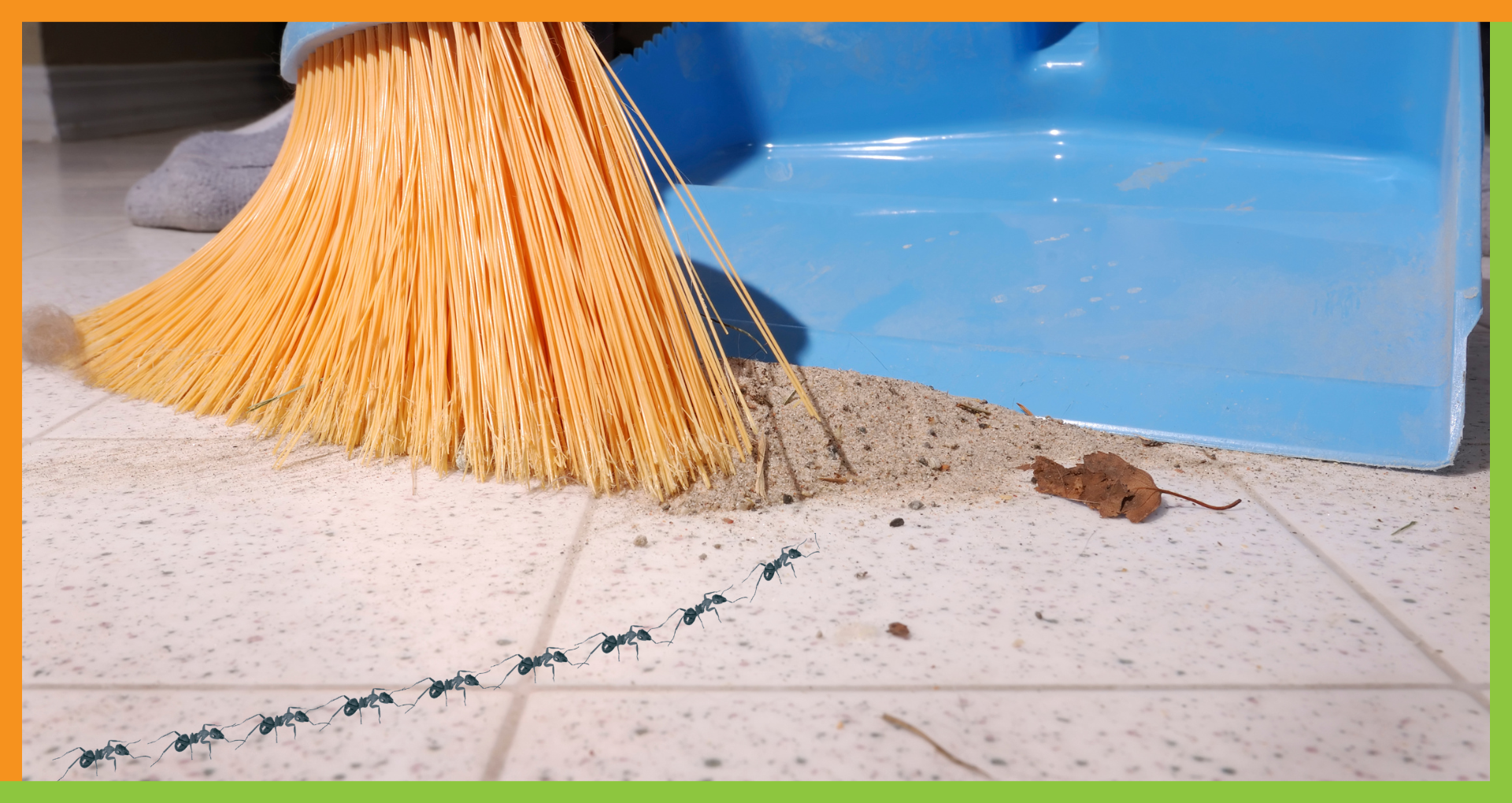
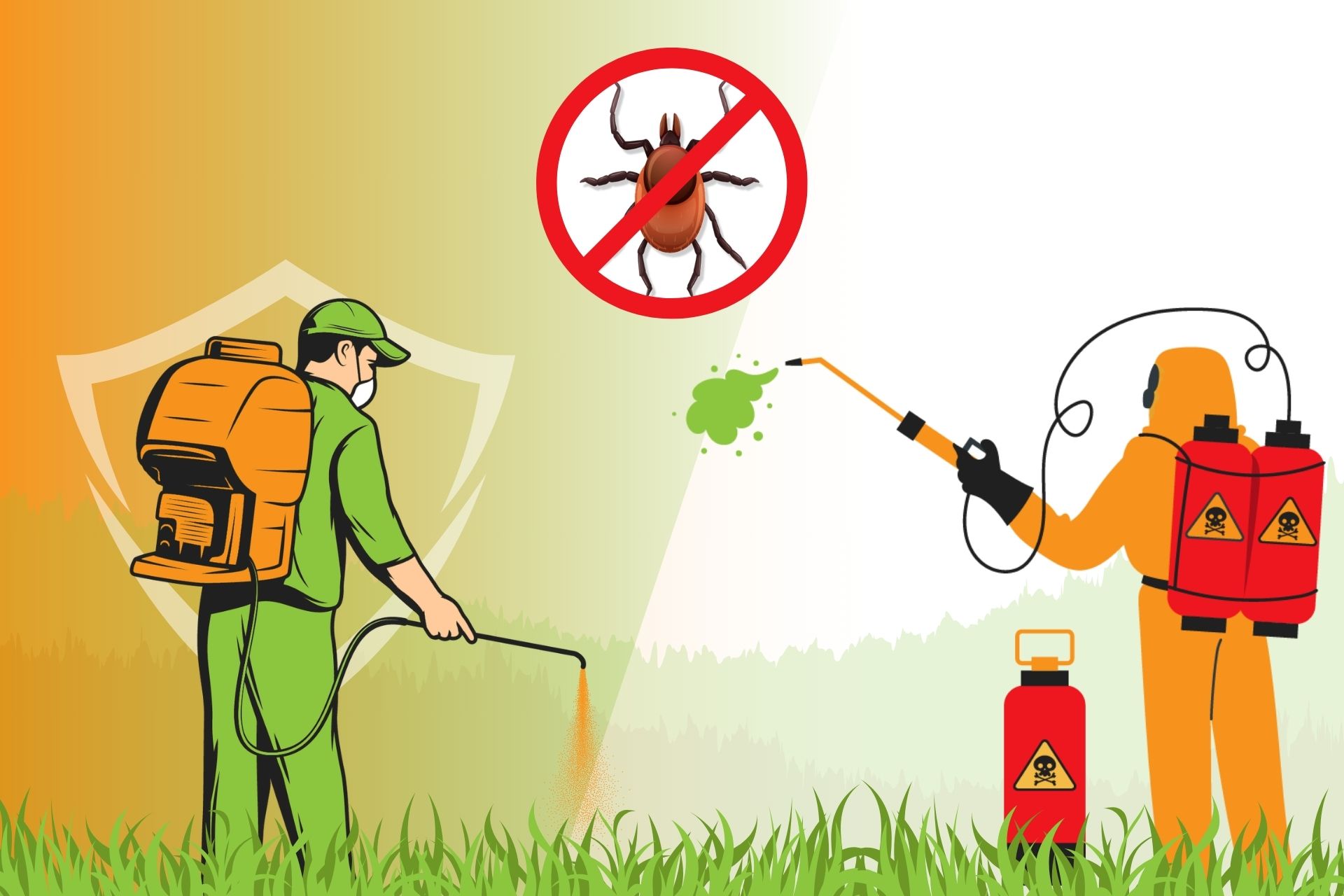
626 Park Road, #5
Cherry Hill, NJ 08034
130 Hickman Road, Ste 11
Claymont, DE 19703
1-833-924-7378
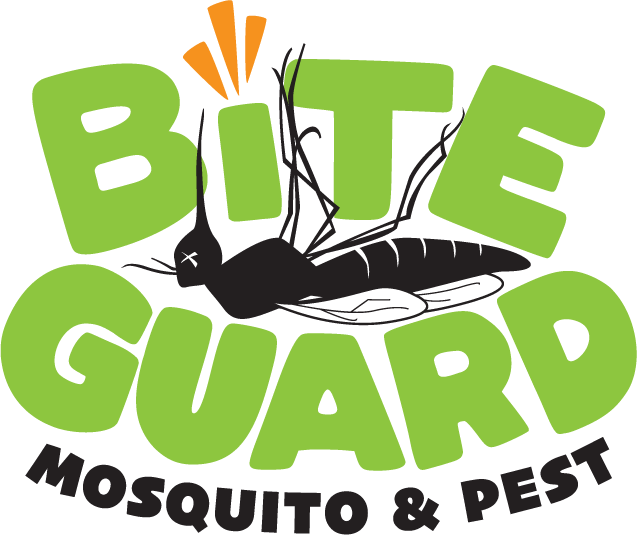
626 Park Road, #5
Cherry Hill, NJ 08034
130 Hickman Road, Ste 11
Claymont, DE 19703
1-833-9-BGPEST
1-833-924-7378
All Rights Reserved | Bite Guard Mosquito & Pest
